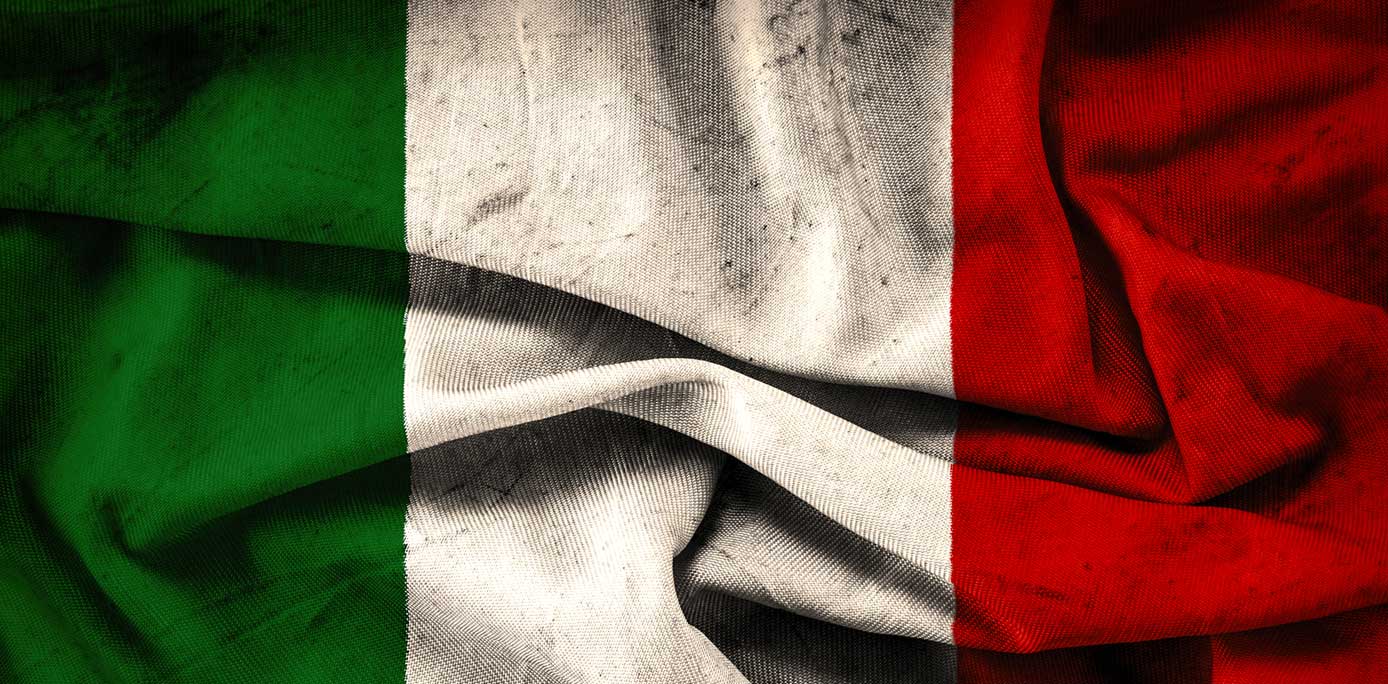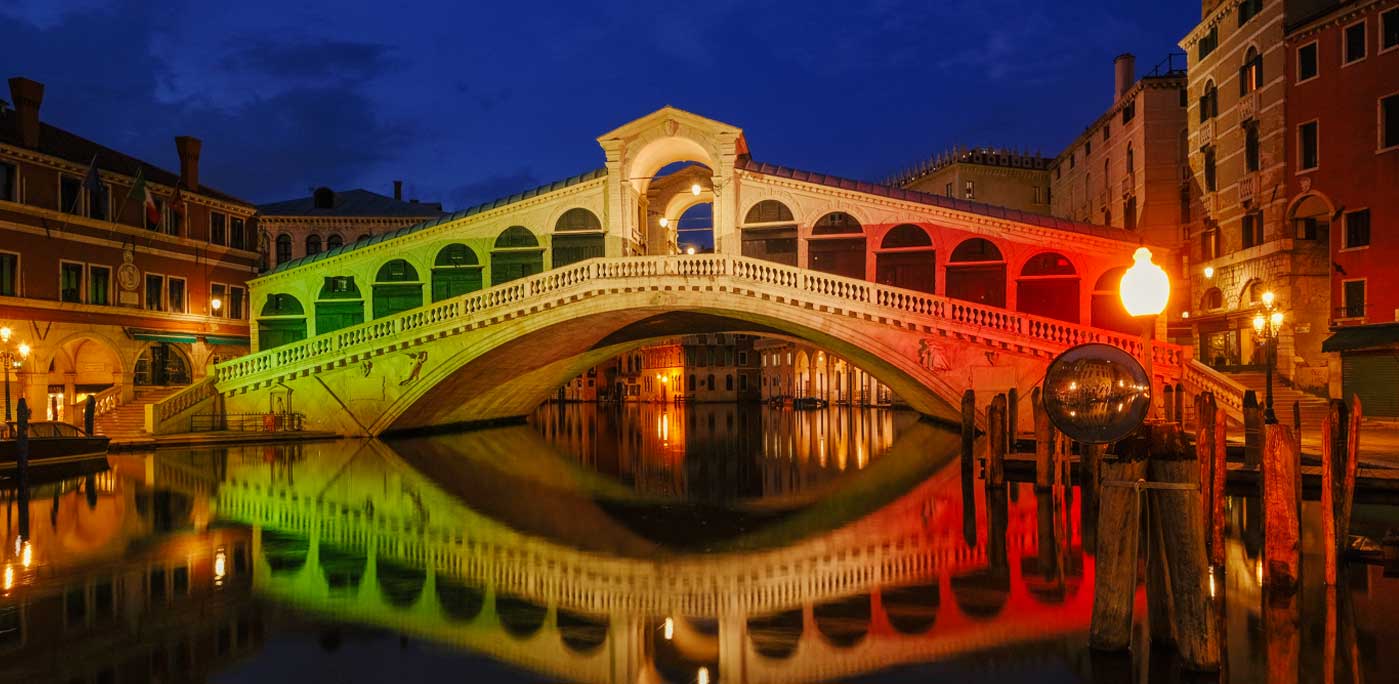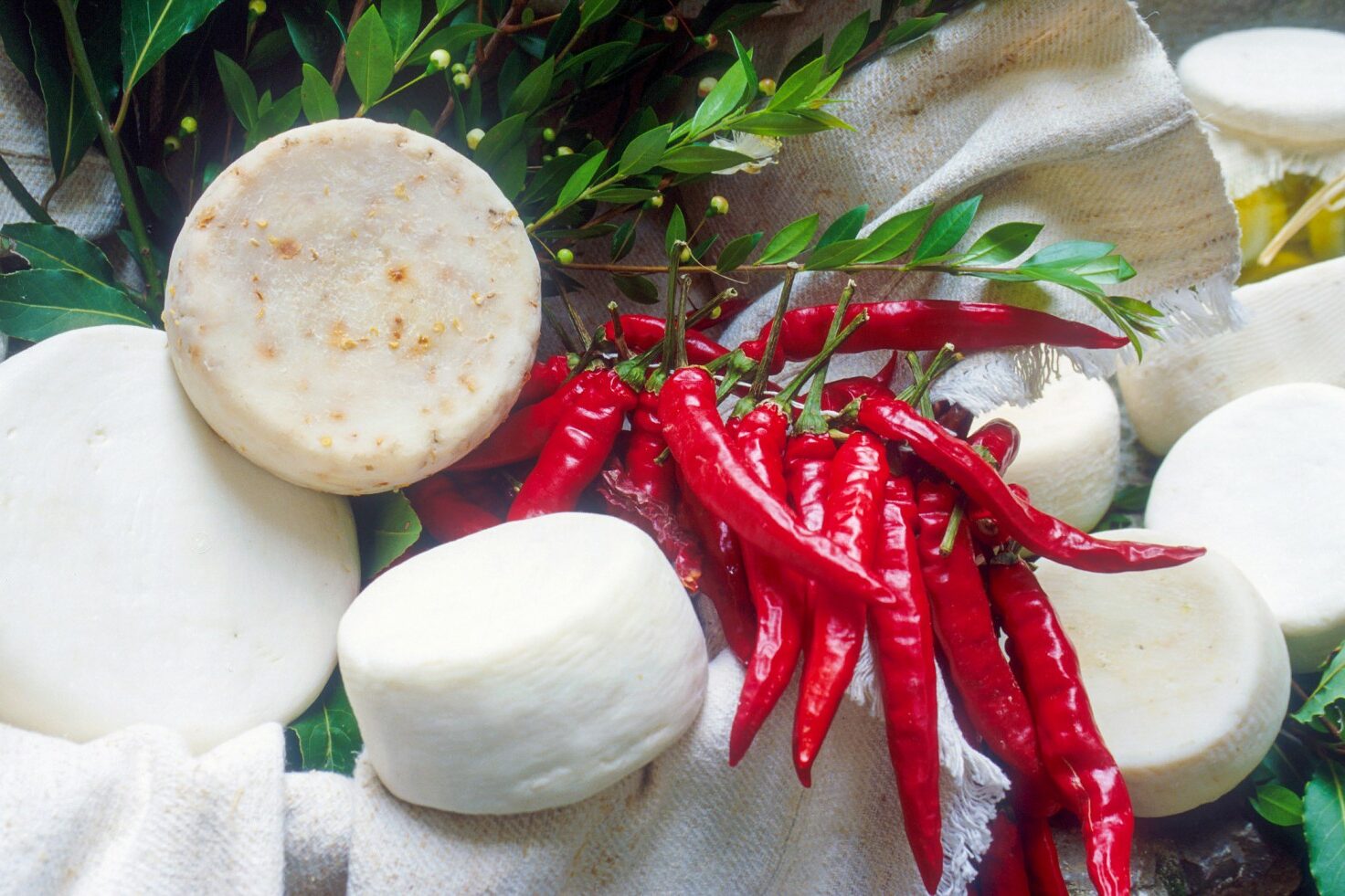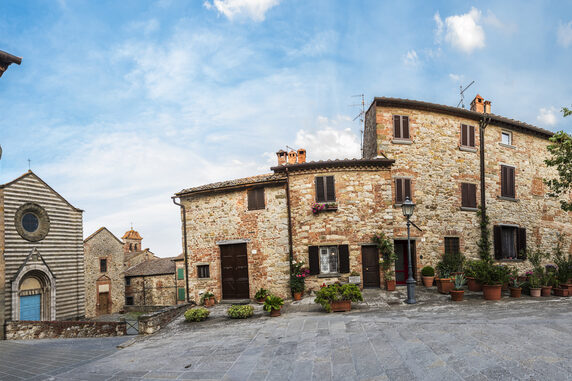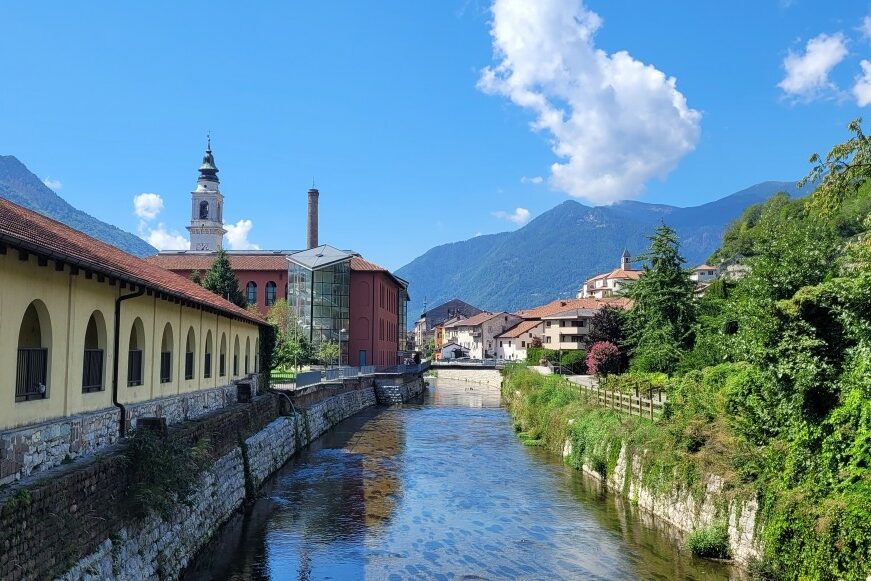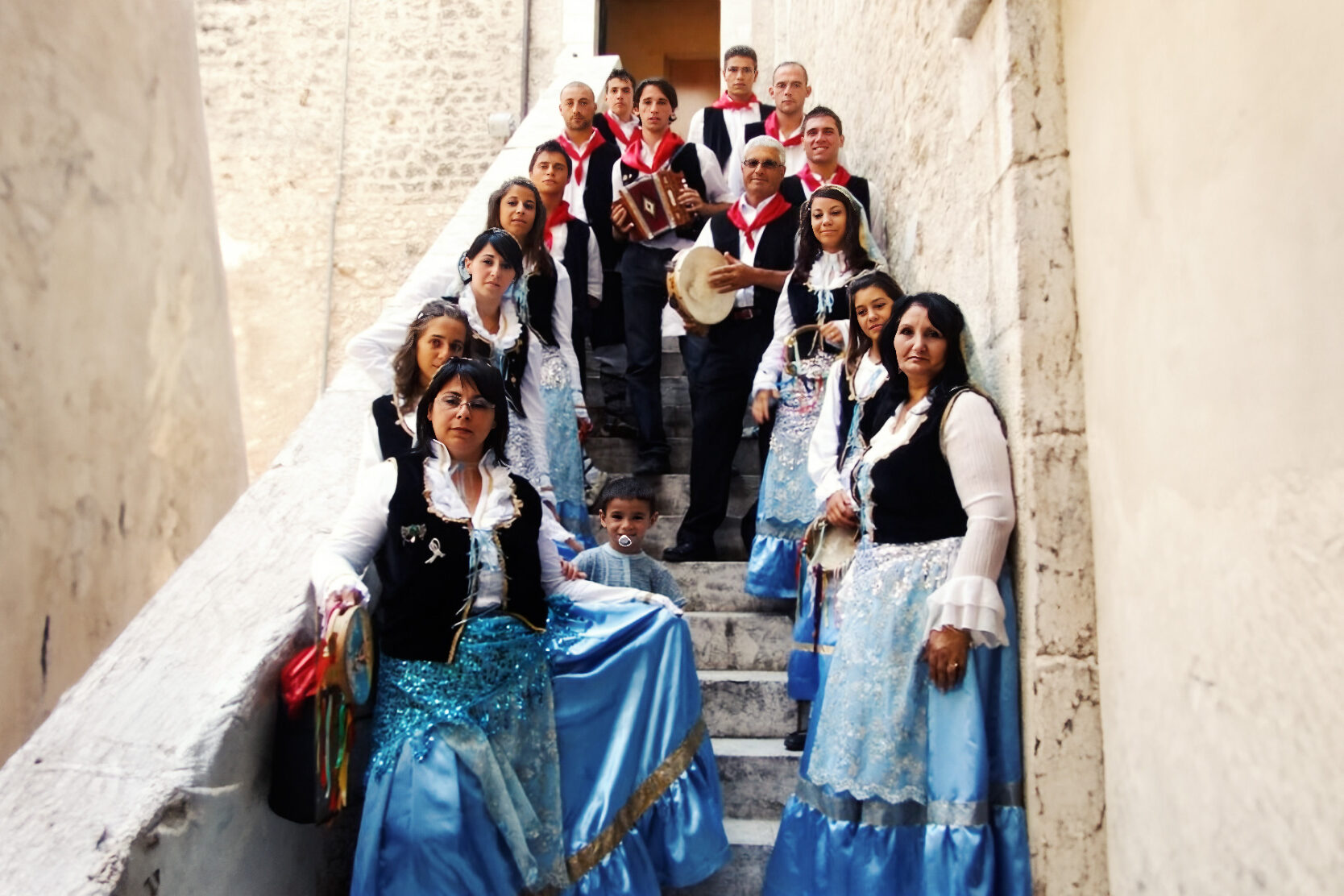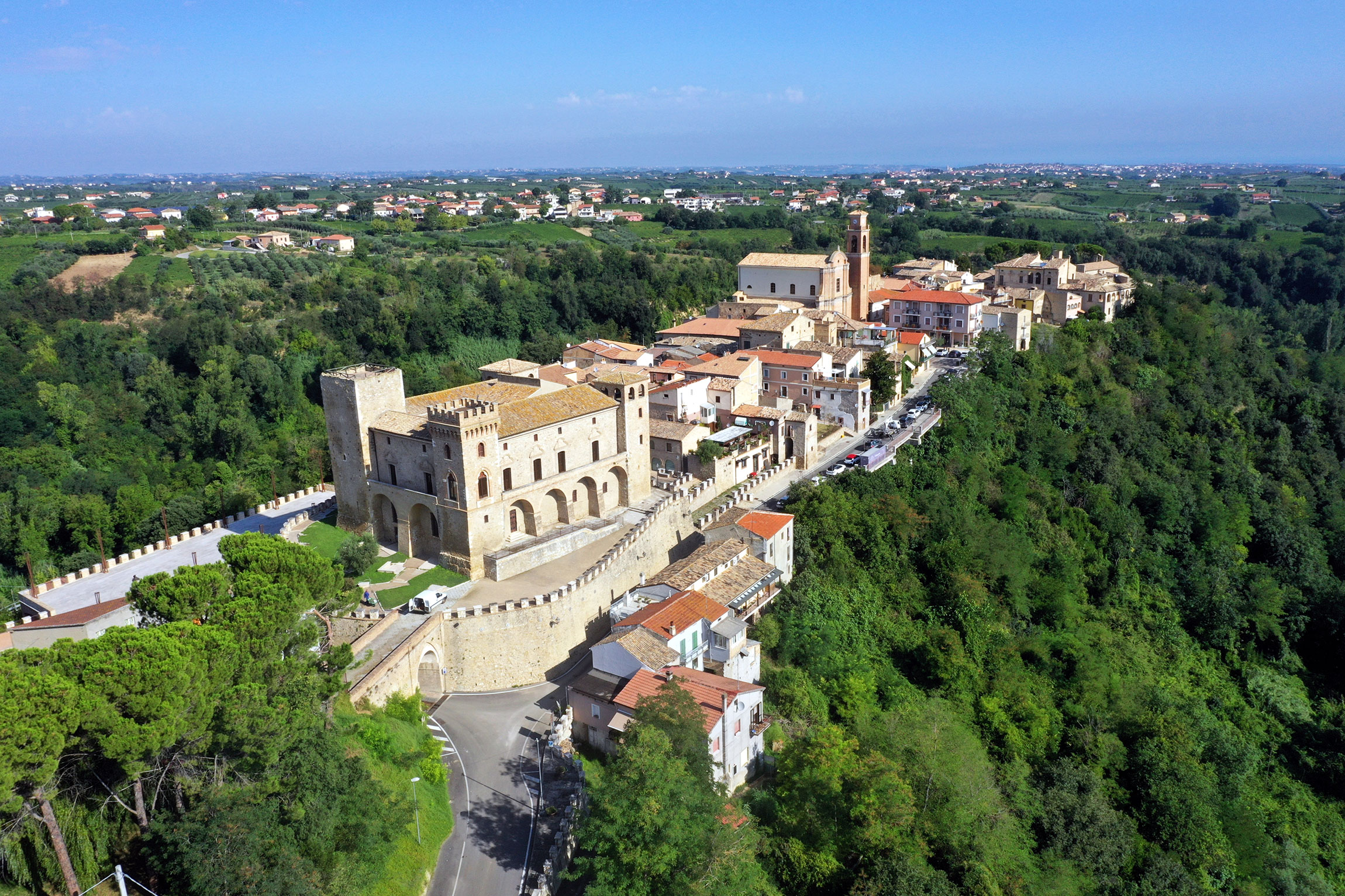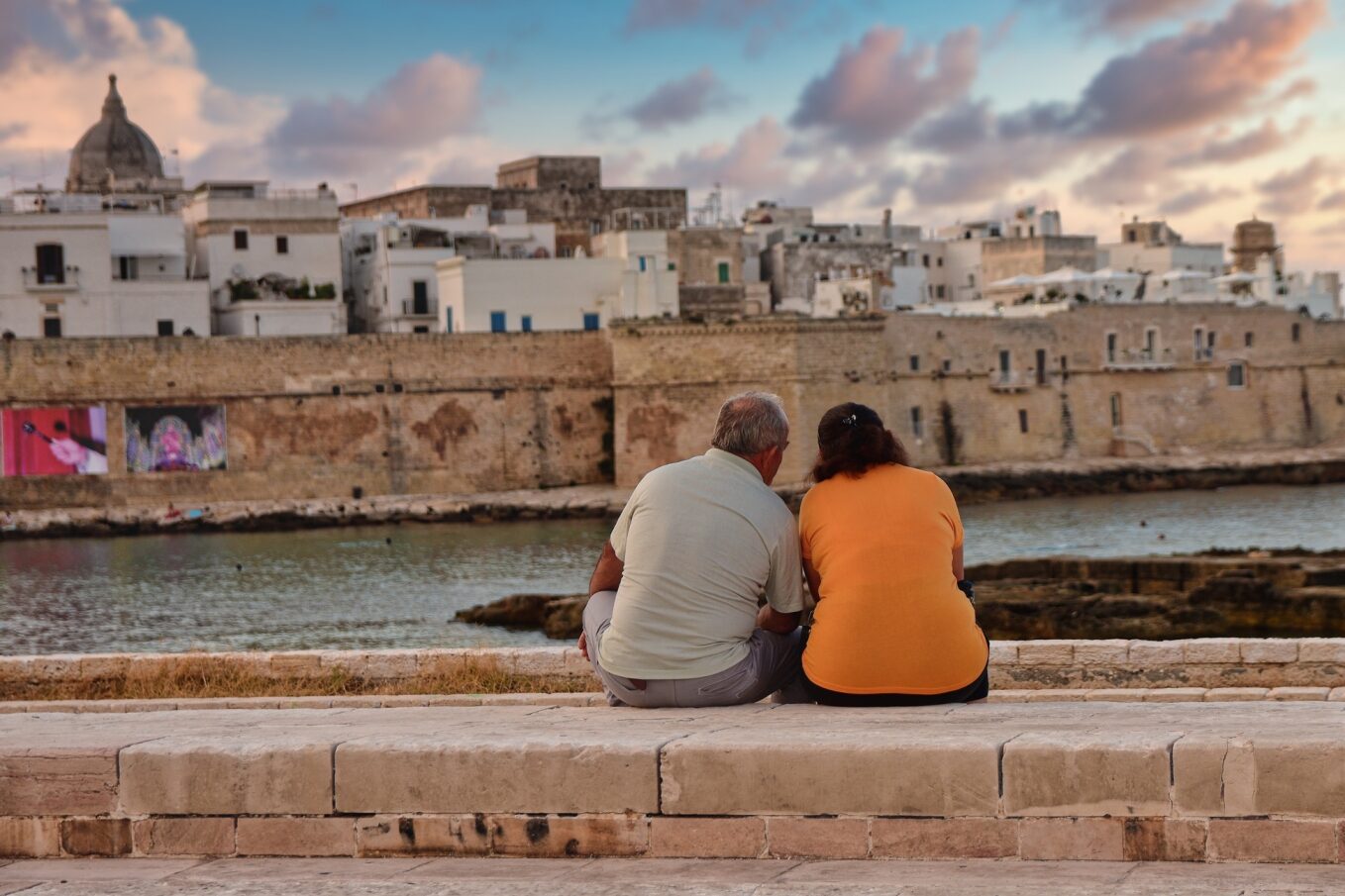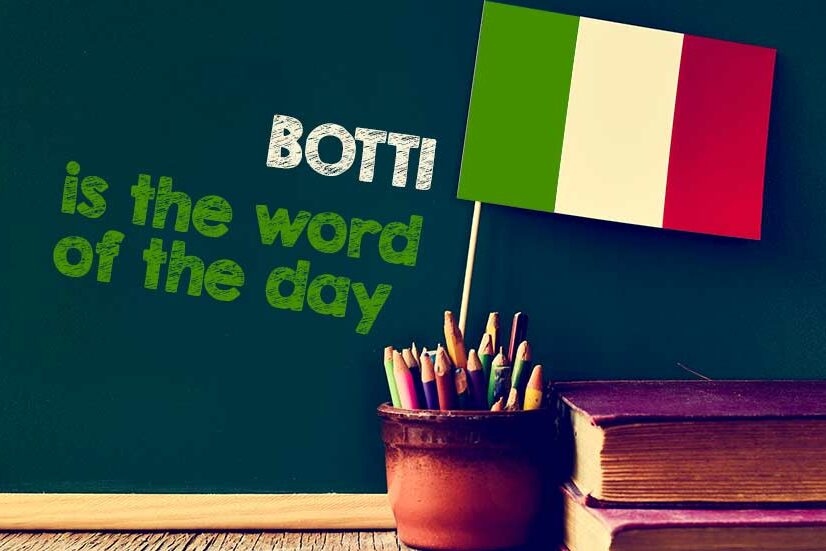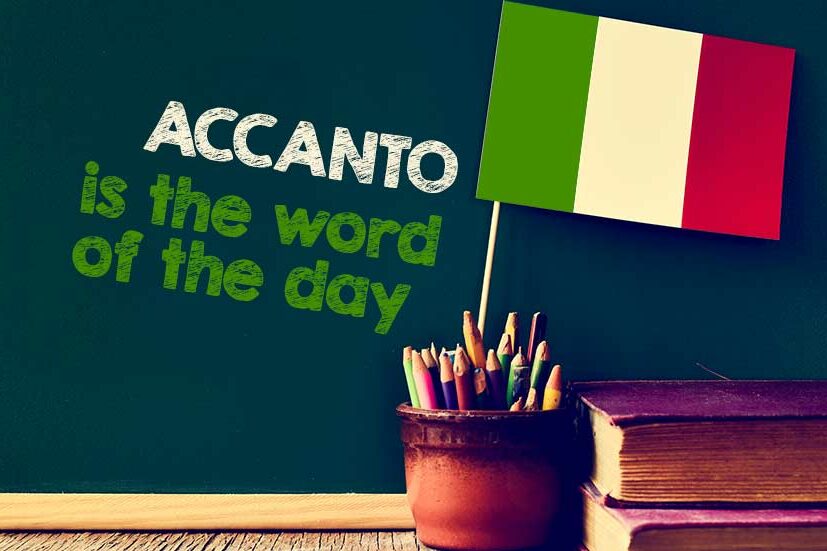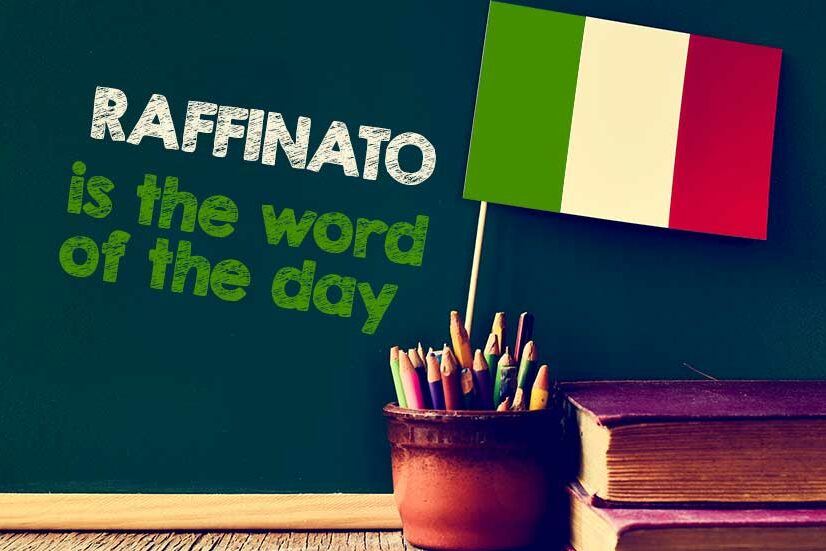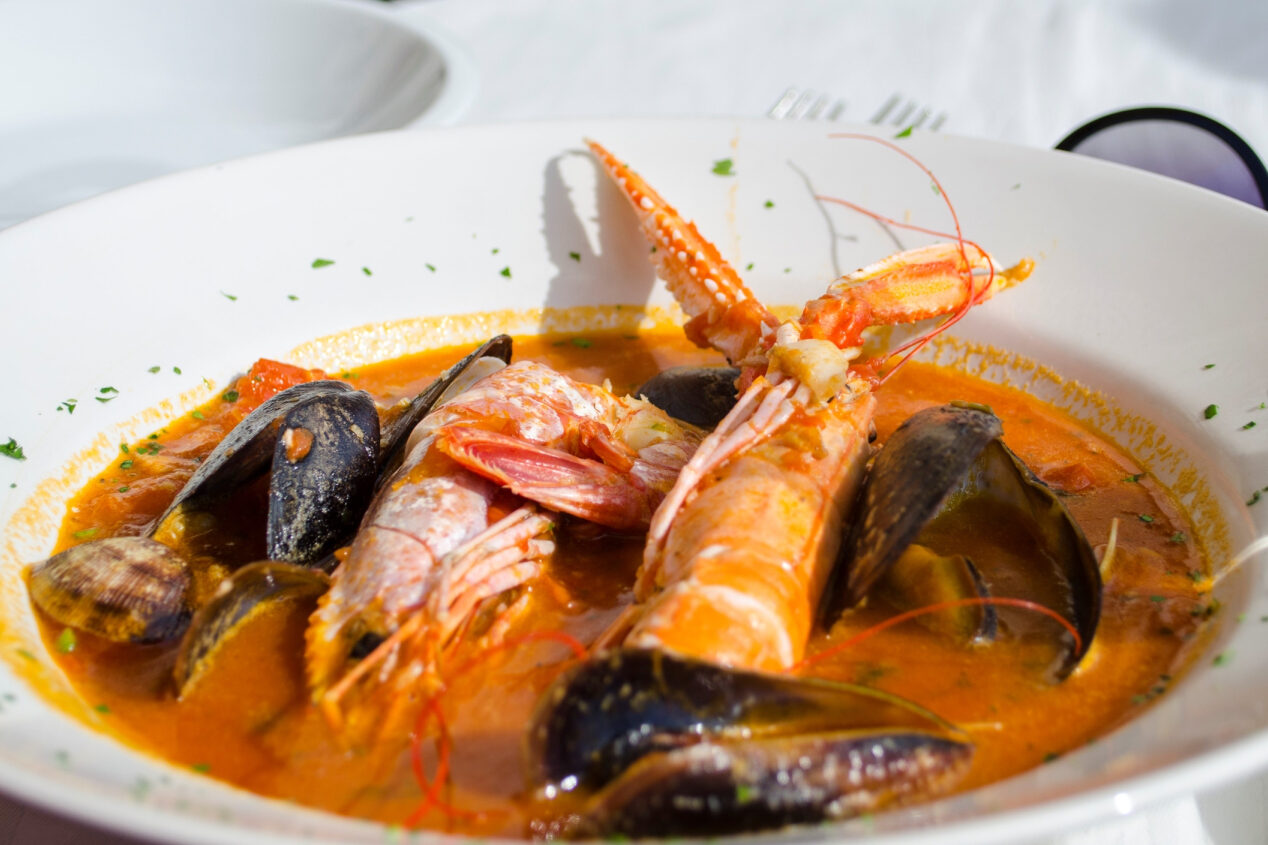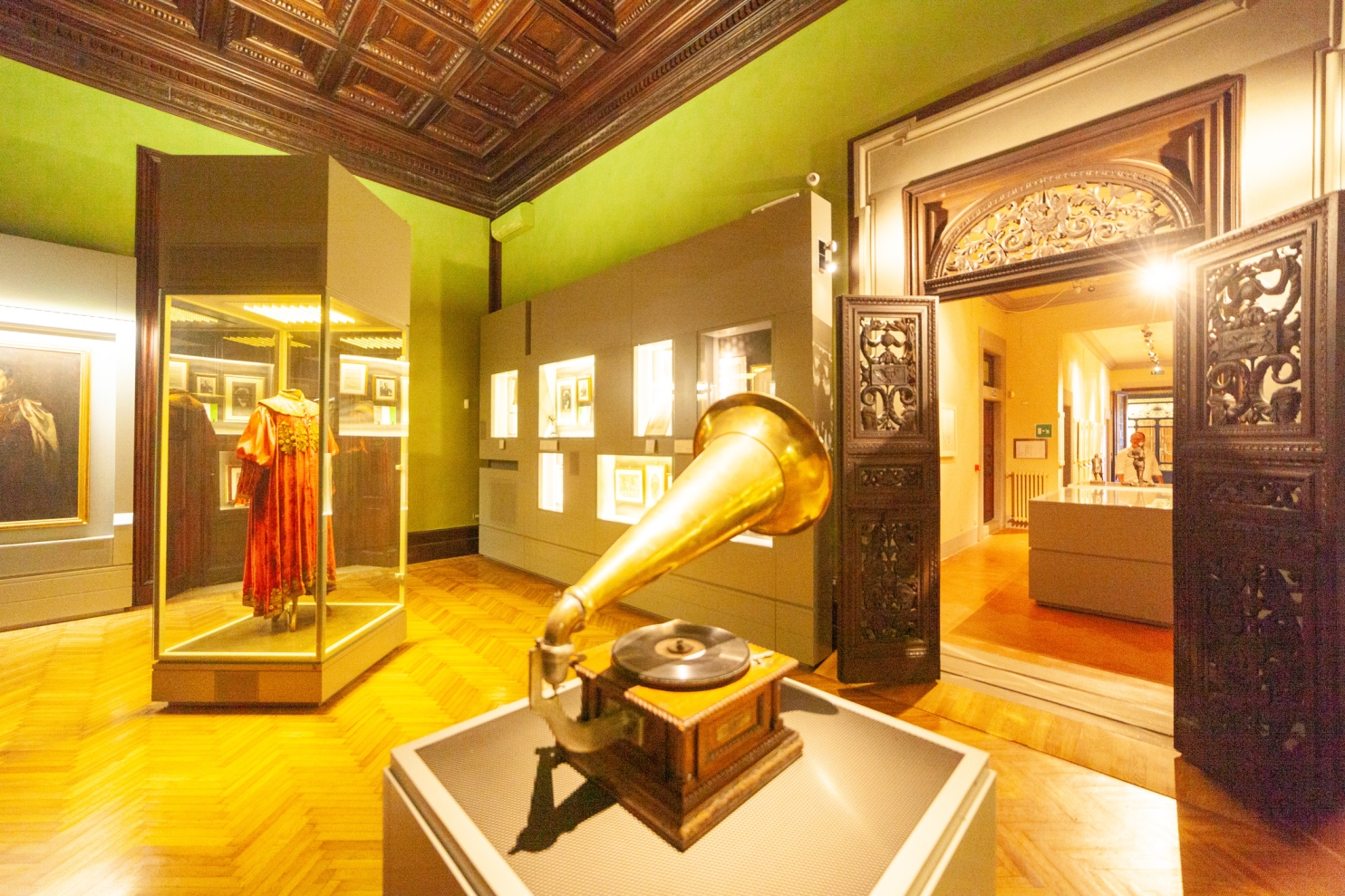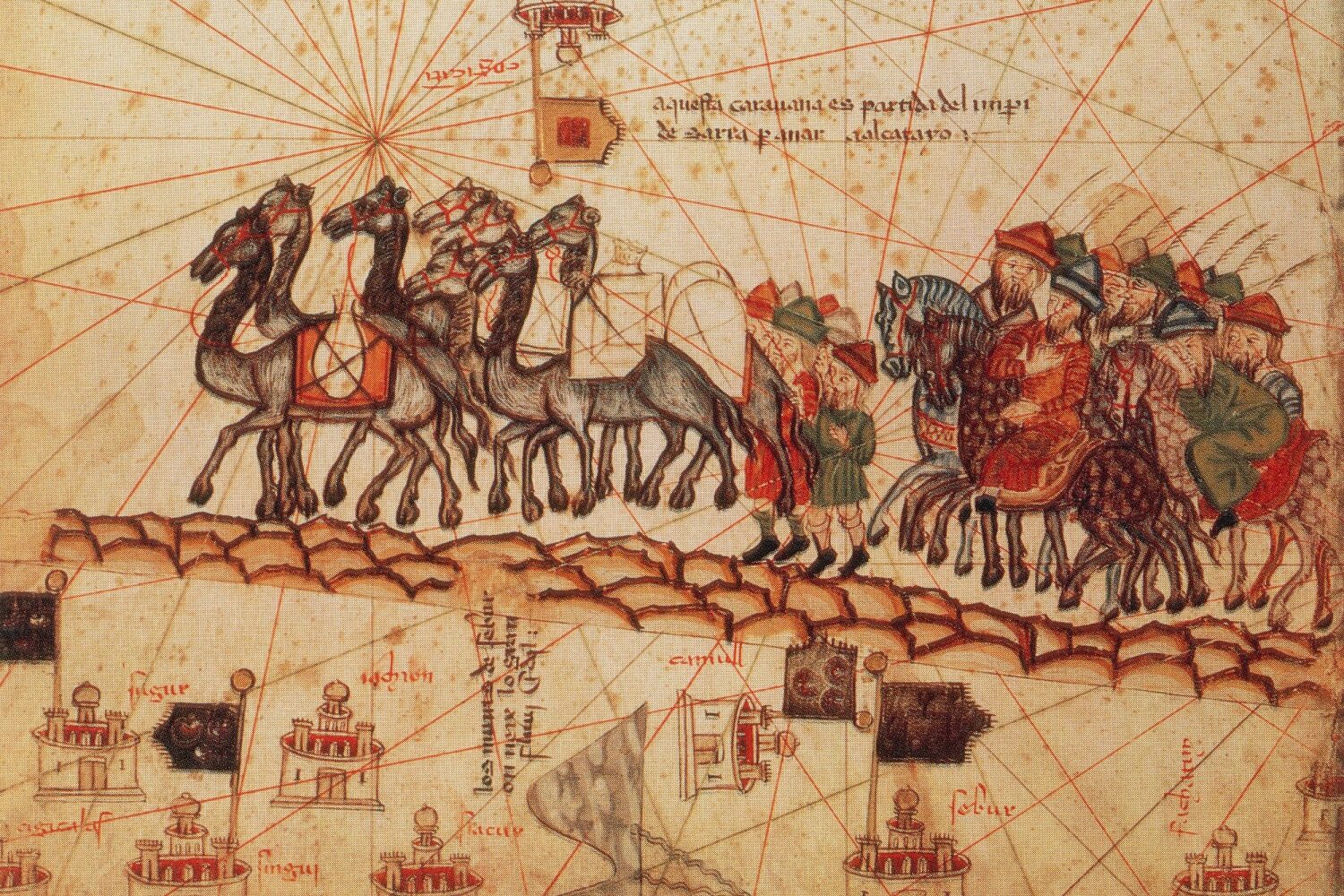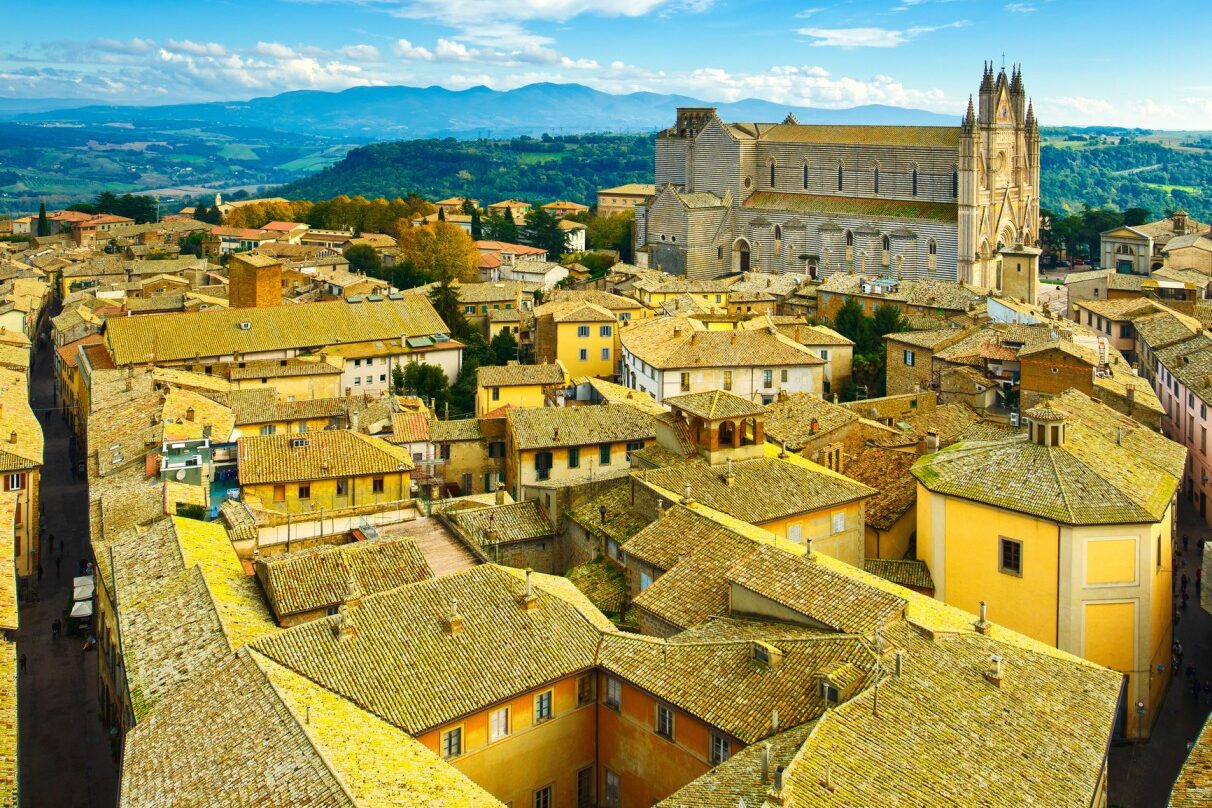Identity is a serious matter, but not too much. Let’s explain it better. It’s something important for the consequences and the effects it may have and, for this reason, it must be taken into right consideration. But it cannot be rigid, absolute, definitive.
Identity is essential, but it is a continuous work in progress, something following a constant process of becoming; it means everlasting change, perpetual evolution and progressive metamorphoses. Identity is essential for each and everyone of us, it’s our motor, our beating heart: we always look for ourselves in what we do, in the people we spend time with. We define ourselves through our choices, the studies we do, the jobs we pick or we adapt to, through our hobbies, through what we think and in the opinions we express, through the books we choose among the millions available.
But it isn’t an innate quality, nor an objective which, once reached, characterizes our lives for ever. It doesn’t even happen with the way we look: hair change color, either by choice of because of age; our face goes from being as small as a hand to fill up with wrinkles; our height peaks during adolescence, only to retreat during old age or under the weight of labor.
So, we shouldn’t think that our identity is something defined, nor should we believe it’s easy to define. Each one of us is Italian or Italian American in a different way and, therefore, each one of us will live or consider this Italian Heritage Month differently. But, beyond personal opinions, beyond the value we give to it, this month is important for at least one reason: it makes us think about our identity.
In its routine, in its coming back each year, just like the 31st of December, it forces us to make an assessment. Of course, we may not care about celebrations, they may leave us entirely indifferent.Yet, this doesn’t change things.There’s always something, from what we eat to the language we speak, from the name and surname we carry to the area we live, that will bring us to understand who we are, if we take a tiny bit of time to think about it; it will make us think about our heritage, that is, about that baggage we inherited and that somehow does define us, whether we are aware of it or not.
Because even if we don’t pay attention to it, there may be others, those who are not like us, who give us certain characteristics. In the sense that, sooner or later, we all have to do a bit of soul searching to understand what we are for the rest of the world and what we believe to be.
In short, sooner or later even those who don’t care about their appearance, just as they don’t care about social celebrations, mass phenomena, community events, end up in front of a mirror. Whichever way we put it, we are social animals and we are bound to be part of group, whether we like it or not.
This Month of Italianità could also remind us of something else.
Exception made for cases of pure anarchy, as we always hope others accept us, recognize our essence, let us be what we want to be, we equally shouldn’t be stern with others. We should, in other words, learn how to accept if we want to be accepted.
This is not political correctness, it’s an exercise in flexibility.
If we want our diversity to be accepted, then, even before being tolerant and condescending we should be elastic.
This is useful both at a social and interpersonal level because, certainly, it’ll be easier to relate to people if we learn to be less stern and more malleable, where malleability doesn’t mean the inability to protect our condition, a weakness of spirit, of energy, of character, because of which we let external factors deform us, create concrete structural changes. It’s a matter of respecting other people’s freedom and peculiarities.
Welcoming the possibility of comparison doesn’t mean getting weaker, but developing the ability to adapt, an ability which could bring to a successive evolution, to an unexpected, but possibly welcome, change.
Just as it happens with our own personal identity, coming to terms with our cultural and social one, with our Italianità or Italo Americanità, within or without our national borders, or far from those where our grandparents and parents started from, as well as from those of where we ourselves grew up and lived, is an essential process.
It’ll last for the entirety of our existence, it’ll be continuous and will bring us surprising changes, but it’ll always be determinant for our well being.
We cannot be at peace with ourselves and our potential, if we fail to confront our social evolution and image, too.
L’identità è una cosa seria ma non troppo. Spieghiamo meglio. E’ qualcosa che è importante per le conseguenze e gli effetti che può avere, e pertanto va presa nella seria e dovuta considerazione. Ma non può essere rigida, assoluta, definitiva. L’identità è determinante ma è un continuo work in progress, qualcosa in costante divenire, significa cambiare ogni volta, un’evoluzione perpetua, una crescita senza soluzione di continuità ma che implica successive e progressive metamorfosi.
L’identità è essenziale per ciascuno di noi, è il motore, il nostro cuore pulsante: tutta la vita cerchiamo noi stessi in quel che facciamo, nelle persone con cui trascorriamo il tempo. Ci definiamo attraverso le nostre scelte, negli studi che seguiamo, nei lavori che scegliamo o a cui ci adattiamo, negli hobby che abbiamo, attraverso quel che pensiamo, nelle opinioni che esprimiamo, nei libri che scegliamo di leggere tra i milioni di titoli a disposizione.
Però non è una qualità innata nè tantomeno un traguardo che una volta raggiunto ci caratterizza a vita. Non succede nemmeno ai nostri tratti somatici: i capelli cambiano colore, per scelta o per età; il nostro viso passa dall’essere grande come un pugno a riempirsi di rughe; la nostra altezza passa dai picchi adolescenziali alle curve della vecchiaia o si piega sotto il peso delle fatiche.
Quindi, non pensiamo che la nostra identità sia qualcosa di definito nè di facile definizione.
Ognuno di noi è italiano o italoamericano in modo differente e quindi sarà ovvio che ciascuno di noi vivrà o considererà questo Mese del Patrimonio Italiano in maniera diversa. Ma al di là del gusto personale, del valore che gli attribuiamo, è importante almeno per una ragione: ci fa pensare alla nostra identità.
Nella sua routine, nel suo ritornare ogni anno come il 31 dicembre, ci fa fare un bilancio.
D’accordo, possiamo essere impermeabili ai festeggiamenti, del tutto indifferenti. Ma questo non cambia le cose. C’è sempre qualcosa, da ciò che mangiamo alla lingua che parliamo, dal nome o dal cognome che portiamo al quartiere in cui abitiamo, che ci farà capire chi siamo, se ci concediamo un pizzico di tempo per pensarci su, che ci farà riflettere sul nostro “Heritage”, su quel bagaglio che abbiamo ereditato e che in qualche modo ci definisce, che ne siamo consapevoli o meno.
Perchè anche se noi non ci facciamo caso, magari sono gli altri, i diversi da noi, che ci attribuiscono delle caratteristiche. Nel senso che prima o poi tocca a tutti fare un esame di coscienza, capire che cosa si è per gli altri, e cosa si è a nostro parere.
Insomma prima o poi uno specchio capita anche davanti a coloro che non badano all’aspetto esteriore così come non prestano attenzione alle celebrazioni sociali o ai fenomeni di massa e agli eventi della comunità. Possiamo appellarci a tutti i distinguo del caso, ma essendo animali sociali, finiamo per essere parte di un gruppo, che si voglia o no.
Questo Mese di Italianità ci potrebbe ricordare anche un’altra cosa.
A parte i casi di pura anarchia, poichè speriamo sempre che gli altri ci accettino, che ci riconoscano per quello che siamo, e ci accettino per quello che noi vogliamo essere, allo stesso modo non possiamo essere rigidi con gli altri. Dobbiamo cioè imparare ad accettare gli altri se vogliamo essere accettati.
Non è buonismo, ma un utile esercizio di flessibilità.
Più che tolleranti o accondiscendenti, bisogna essere elastici verso la diversità se vogliamo che venga accettata anche la nostra.
E’ questa una modalità utile a livello interpersonale e sociale nel senso che sicuramente sarà più facile relazionarsi con gli altri se impariamo a essere meno rigidi e più duttili, dove per malleabilità non si deve intendere un’incapacità a difendere le proprie condizioni, una mollezza di spirito, di energia, di carattere per cui ci si lascia deformare permanentemente sotto l’azione di urti o pressioni esterne, subendo sensibili modificazioni strutturali. Si tratta di diventare più rispettosi delle libertà e delle differenze altrui.
Accogliere la possibilità del confronto non significa indebolirsi ma sviluppare una capacità di adattamento che peraltro può portare ad una successiva evoluzione, a un cambiamento non preventivato ma non per questo meno opportuno e piacevole.
Così come accade con l’identità personale, riuscire a fare i conti con la propria identità culturale e sociale, con la propria Italianità o Italoamericanità, dentro i confini nazionali o lontano da quelli di partenza dei nostri nonni, genitori o del nostro personale luogo di nascita e crescita, è un processo essenziale.
Durerà tutta la vita, sarà continuo e capace di sorprendenti evoluzioni ma sarà sempre determinante per il nostro “ben-essere”.
Non possiamo essere in pace con noi stessi e le nostre potenzialità se non accettiamo di confrontarci anche con la nostra evoluzione e immagine sociale.
